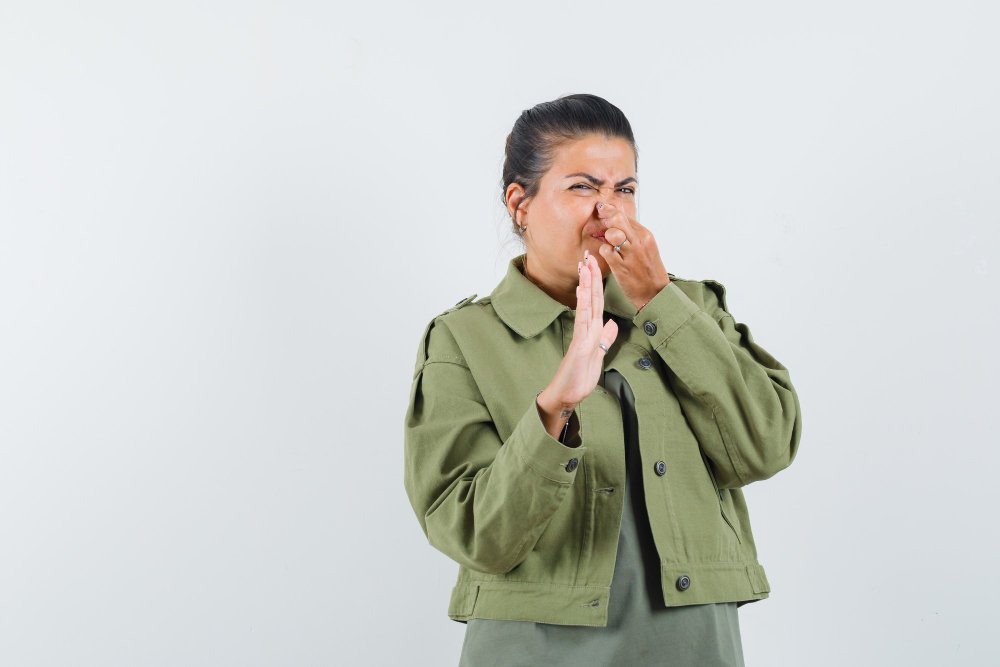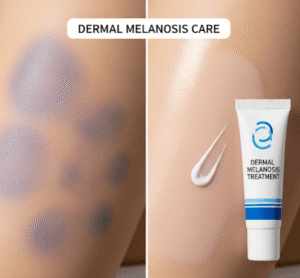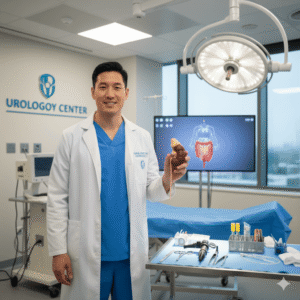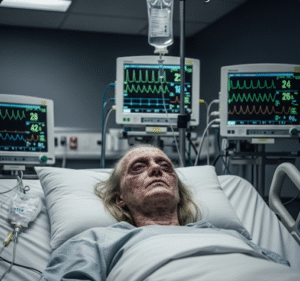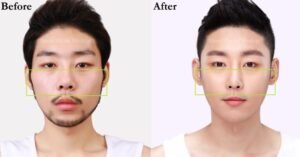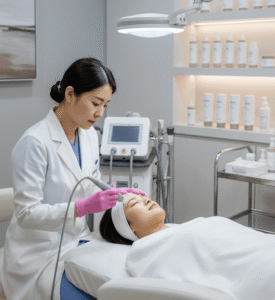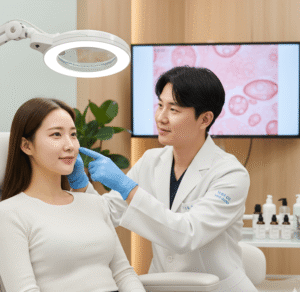Overview
Anosmia is the complete loss of the sense of smell, which can significantly impact quality of life. It may occur temporarily due to infections or allergies or persist due to more serious underlying conditions. While anosmia is often overlooked, it plays a vital role in detecting hazards (like smoke or gas leaks) and enjoying food and beverages.
What is Anosmia?
Anosmia is the medical term for the loss of the ability to perceive odors. This condition can be partial (hyposmia) or complete and may be temporary or permanent. Anosmia can result from nasal congestion, nerve damage, head trauma, or diseases affecting the brain and olfactory system.
It is also a common symptom associated with viral infections, including COVID-19, where it may be one of the earliest signs.
Symptoms
- Complete or partial loss of smell
- Reduced ability to taste food (as smell influences flavor)
- Loss of interest in eating (due to lack of taste)
- Inability to detect environmental odors (e.g., smoke, gas, perfumes)
- Possible nasal congestion or discharge (if related to infection or allergies)
Causes
Anosmia can be caused by many different factors, including:
- Upper respiratory infections (e.g., cold, flu, COVID-19)
- Sinusitis or nasal polyps
- Head injury or trauma
- Neurodegenerative diseases (e.g., Parkinson’s, Alzheimer’s)
- Brain tumors
- Congenital conditions (present from birth)
- Exposure to toxic chemicals
- Certain medications
- Radiation therapy in the head or neck area
Risk Factors
- Advanced age
- Chronic nasal or sinus conditions
- Smoking or exposure to pollutants
- History of head injury
- Neurological disorders
- Viral infections (especially recent COVID-19 history)
Complications
- Inability to detect dangerous situations (e.g., smoke, gas leaks, spoiled food)
- Reduced appetite and weight loss
- Depression or emotional distress
- Social withdrawal due to diminished sensory enjoyment
- Nutritional deficiencies from poor eating
Prevention
- Avoid exposure to toxic fumes or chemicals
- Manage allergies and sinus conditions proactively
- Use protective gear during high-risk work (e.g., labs, construction)
- Treat colds and flu promptly
- Protect the head to avoid trauma
- Practice nasal hygiene (saline rinses, humidifiers)
Treatment Options in Korea
Korea offers advanced diagnostic and treatment services for anosmia, combining ENT care with neurological and rehabilitative approaches.
1. Medical Evaluation
- Nasal endoscopy to check for blockages, polyps, or tumors
- Imaging tests (MRI/CT) to evaluate brain and olfactory nerves
- Smell tests to assess severity and type of smell loss
2. Medication
- Steroid nasal sprays to reduce inflammation
- Antihistamines for allergic rhinitis
- Antibiotics if a bacterial infection is present
- Corticosteroids in some post-viral or autoimmune causes
3. Surgery
- Removal of nasal polyps or tumors if present
- Correction of structural issues such as a deviated septum
- Endoscopic sinus surgery for chronic sinusitis
4. Smell Training Therapy
- A rehabilitation method involving repeated exposure to essential oils (e.g., rose, lemon, eucalyptus, clove)
- Stimulates olfactory nerves to recover function
- Widely recommended in post-COVID-19 recovery
5. Neurological & Psychiatric Support
- If anosmia is linked to brain injury or degenerative disease, referral to neurology and psychiatry services is often necessary

